UAE's bin Zayed refused to meet US top commander amid growing distrust: Report
A report says the United Arab Emirates’ de facto ruler refused to meet with the head of the United States’ Central Command earlier this year amid the UAE’s growing distrust of Washington’s continued commitment to Abu Dhabi’s security.
In January, the Emirates came under a heavy bout of combined attacks from Yemen in retaliation for Abu Dhabi’s ongoing involvement in a 2015-present Saudi-led war on the impoverished country. The “Yemen Storm” counterstrikes, which used at least five ballistic and cruise missiles and a large number of drones, targeted the depths of the Emirates’ soil, including the Abu Dhabi and Dubai’s airports and a major oil refinery.
Yet, “after the last major attack this January, the UAE didn’t hear from US senior administration officials,” read an opinion piece published in The Wall Street Journal on Monday.
This is while, the Emirates expected a “meaningful response” to the Yemeni counterattacks.
“And when Gen. Frank McKenzie, America’s top commander in charge of the region, paid a visit over three weeks later, Mohamed bin Zayed, the country’s de facto leader, refused to meet with him,” it added.
The paper interpreted the snub as a sign that “concerns about America’s commitment had morphed into feelings of abandonment and anger.”
Earlier this month, the UAE and Saudi Arabia also refused to receive phone calls from US President Joe Biden. Biden was about to ask them to increase their oil output to make up for imports from Russia, which Washington has banned on account of Moscow’s military operation in Ukraine.
Crisis in US-Persian Gulf Arab states relations
The paper interpreted the snub as well as Riyadh and Abu Dhabi’s refusal to condemn the Russian operation and the Emirates’ recent hosting of Syria’s President Bashar al-Assad—to Washington’s great displeasure— as definite indications that “there is no doubt that a major crisis” in US-Persian Gulf relations is underway.
In turn, Saudi Arabia and the UAE have deepened their cooperation with both Russia and China “out of necessity, not preference.”
“America’s Middle Eastern partners have rationally concluded that they need to diversify their foreign-policy options given Washington’s reluctance to uphold its defense commitments,” read the feature.
Somaliland ready to give US access to its minerals, military bases: Minister
VIDEO | Iran's game changing retaliation boxes- part 1
VIDEO | Iran's game changing retaliation boxes- Part 2
VIDEO | Palestinian widow raises three kids in Gaza as her husband killed by Israel
Palestinian teen killed as raids and settler violence intensify across West Bank
Iran’s layered arsenal primed to deter – and decimate – US warships in Persian Gulf
Iranian commander dismisses US military buildup in West Asia as ‘theatrical gesture’
Trump ‘curious’ why Iran hasn’t ‘capitulated’ despite massive US military buildup: Witkoff


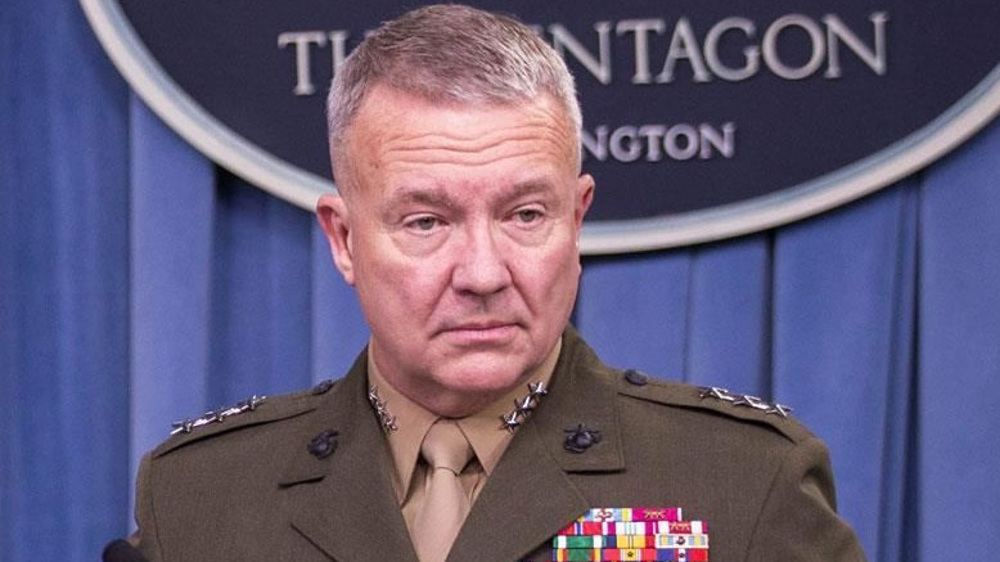
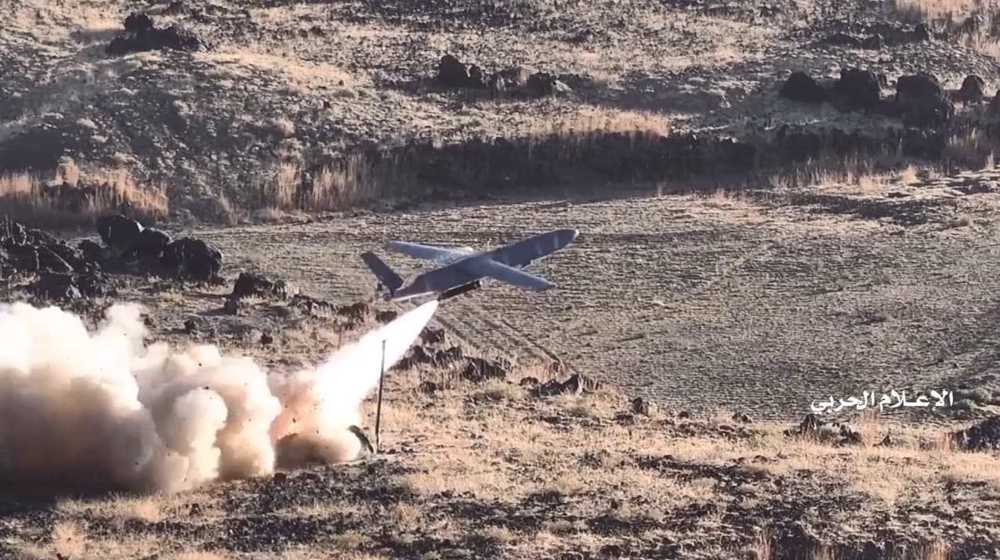

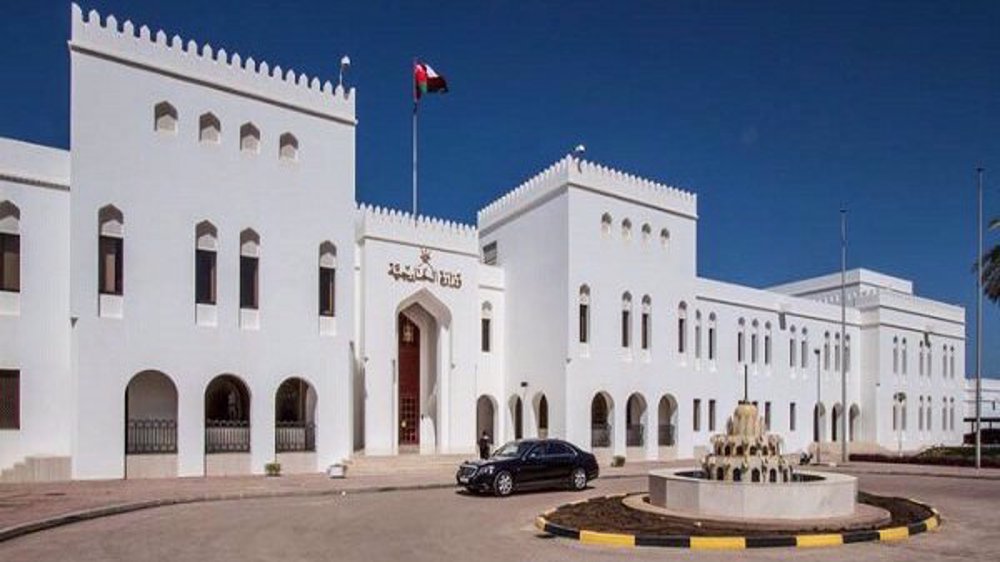
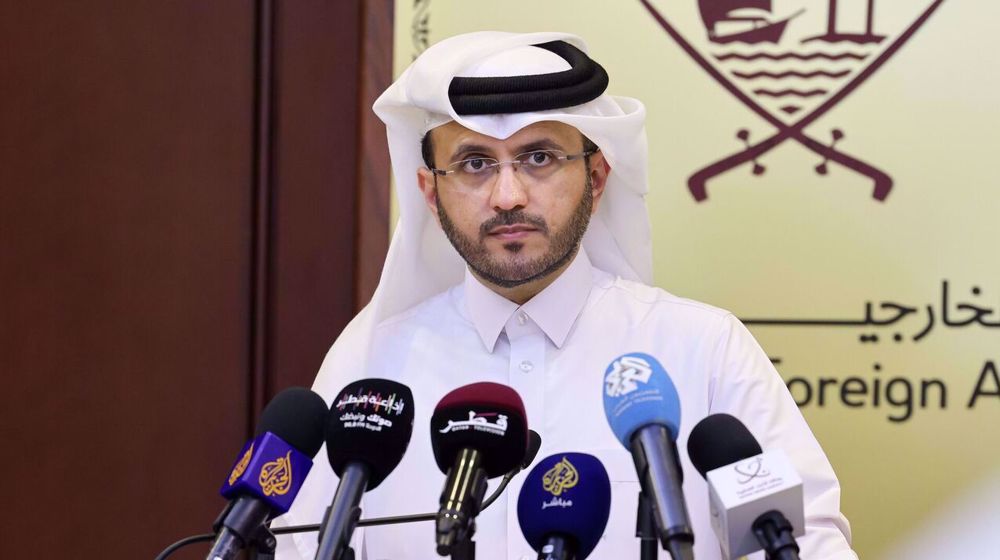



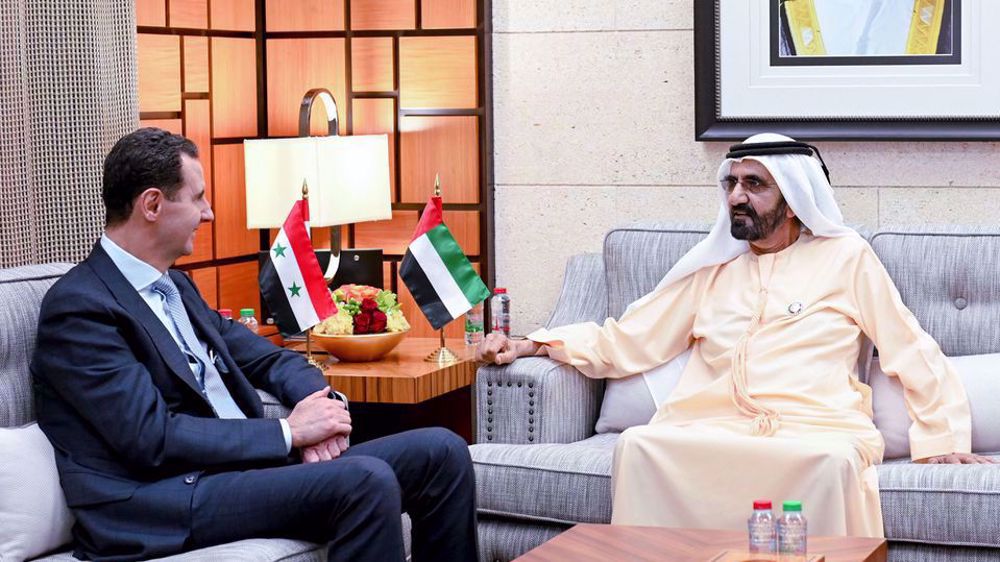
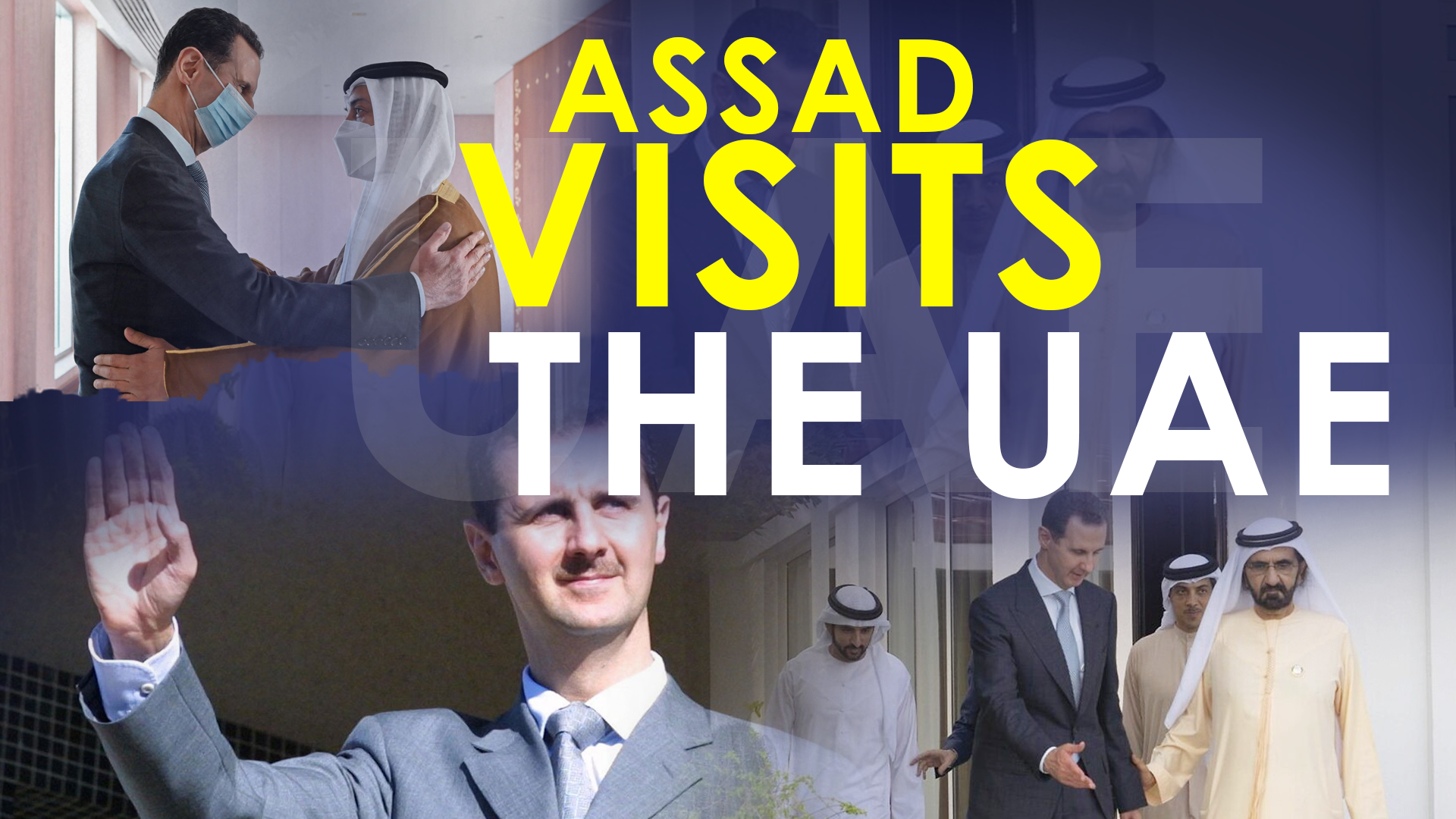
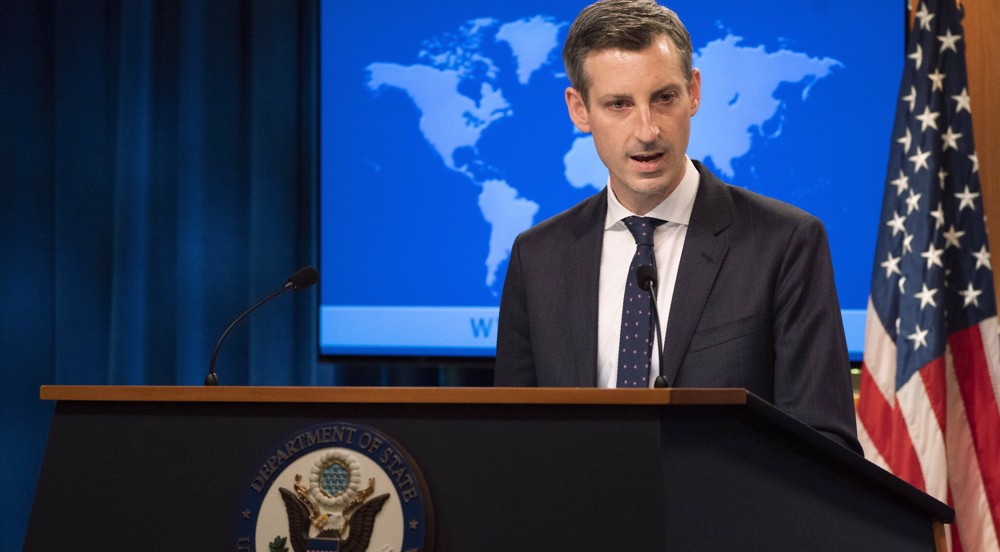

 This makes it easy to access the Press TV website
This makes it easy to access the Press TV website